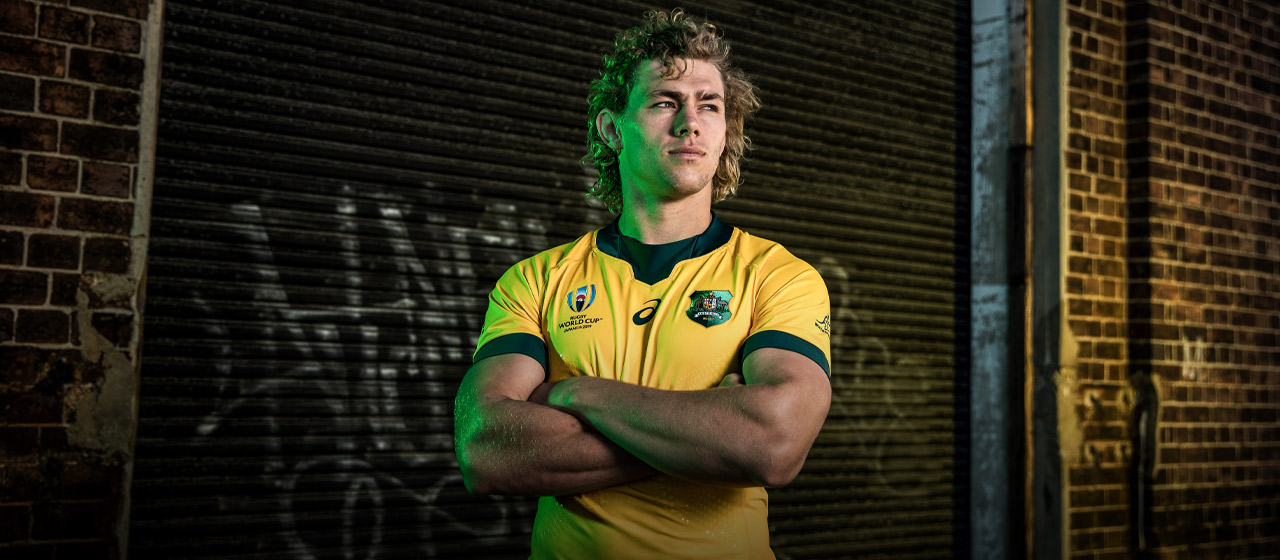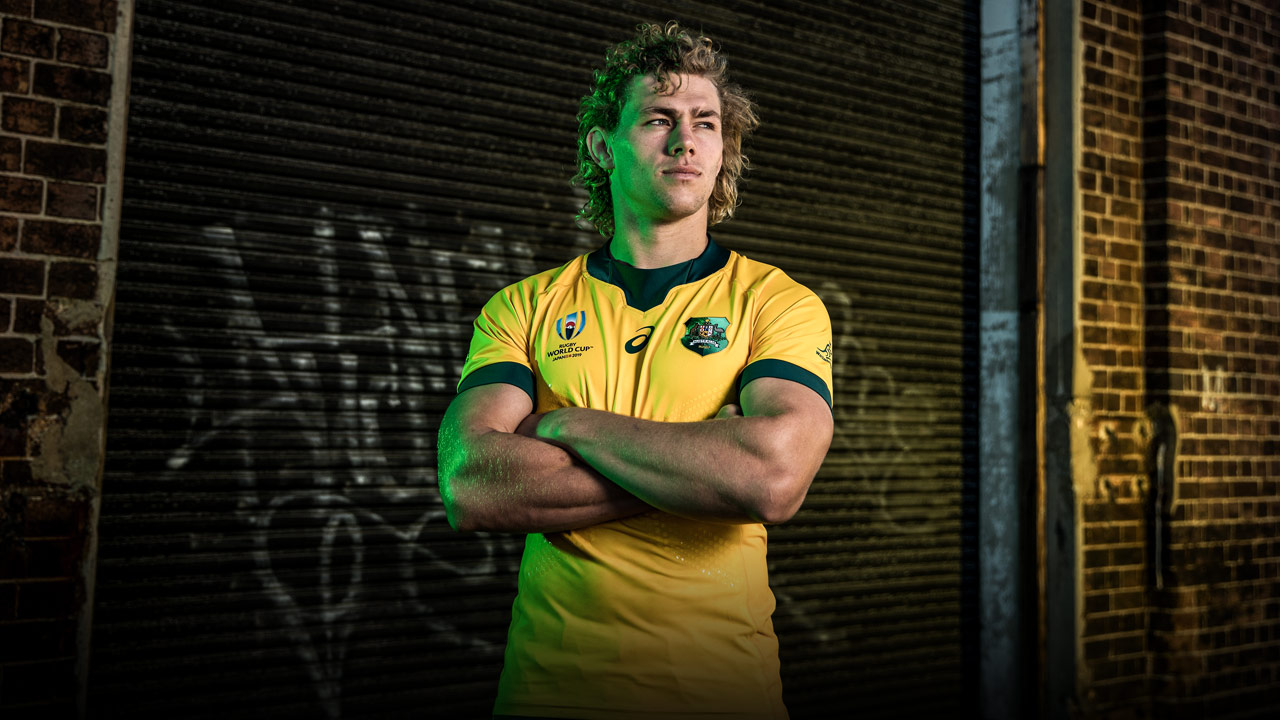Rugby
When the dread sets in
For more than 50 years now, my father and grandfather have written down every drop of rain in a diary. For the last few years there’s been barely any rain to chart at all.
My old man wrote down 15 millimetres two weeks ago. It was the first time he’d pulled the pen out since July, when he recorded nine millimetres.
He likes to compare it from year to year. Looking at the rainfall patterns helps him understand why grass and crops grow well in certain years. Right now, the landscape is barren with minimal grass for stock and crops that won’t yield.
Conversations in the bush always revolve around the weather. When I talk to Dad, it’s the first thing we yarn about. Most of the time I already know it hasn’t rained. Being from the land means I’m always interested in how things are going back home. It doesn’t matter where footy takes me, I’m always looking up the weather in Coonamble.
Dad jokes about leaving machinery outside, to bring on the rain. He says he’ll leave the truck out with the windows down, so it gets wet. Mum hangs the washing out on cloudy days for the same reason.
Dad’s diary says we got a total of 106mm of rain in 2002, another dry spell. The truck, jocks and socks didn’t get wet that year.
One day I might go back. I’ll keep the book open.

A feeling that’s hard to shake
When the rain doesn’t fall it can be a dark, deep, terrible spiral.
You have farmers whose grandfather and father grew up working the same property, it’s been in the family for generations. Then they go through a drought. They might be doing the same thing that the generations before them have done, but the farm is disintegrating in front of them.
The dread sets in. ‘I can’t provide for my family. I can’t live with myself. If I let this farm go what would the two people that I looked up to most in my childhood think?’ If they start asking themselves questions like this, the stresses can become too much.
I can relate to farmers feeling that way and I think that can be hard to shake. Even though farmers could be thinking, ‘I’ll go and talk to someone, try to get better,’ they go home, lay down in bed and know in the back of their mind that there might not be any answers except for rain.
I’ve been supporting the efforts of batyr and the NSW Positive Rugby Foundation and their Get Talkin’ initiative. It is an excellent platform that facilitates discussion between rural Australians to open up about the struggles they are dealing with.
The initiative has set up workshops in both rural and metropolitan areas. Where people come together under the guidance of a facilitator, and a speaker who shares their own hardships. This seems to ease the stigma, where one person sharing their own struggles allows others to empathise, emotional connections to be formed and the conversation opens. People feel comfortable when they realise others may be in similar circumstances, or at the very least are also fighting some personal battles.
I think beginning this conversation in the setting of a rugby club is a great way to further break down the stigma attached to mental health. In rugby clubs you can have the mentality of big ‘tough’ players and opportunities are rare to talk about personal issues. But being able to sit in a club, surrounded by like-minded people who are opening up, can make people feel comfortable and draw them in.
The rugby community is an extremely strong one, so it’s great to take that shared interest in sport and build a supportive alliance that openly discusses mental health.

My message
It was drilled into me from an early age, being able to say ‘g’day’ to people.
But there is a pretty big difference between saying hello to someone and delving into how they feel deep down.
You go up and down throughout life. I feel fortunate that I haven’t experienced one of those lows. I’ve had people very close to me struggle, though.
This is my message: finding the strength to feel comfortable enough to tell a person you care about them, and you want what’s best for them, it gives them the confidence to open the doors for a two-way conversation.
If the person feels that they can trust you, you can go from there. I think the first step will always be the hardest one, because you’re not sure how people are going to take it and there is obviously still a stigma attached to these types of conversations.
But it’s important to find the strength to open a conversation. You don’t have to ask, ‘What’s wrong?’, or, ‘Are you okay?’, but you can tell the person, ‘I just want you to know that I care about you. I want what’s best for you and I just want you to know I’m here for you.’
This gives them the opportunity, whether right away or in the future, to ask for help or have a chat.
More about: Drought | Mental health | NSW Country Eagles | Resilience | Wallabies | Waratahs






 Load More
Load More